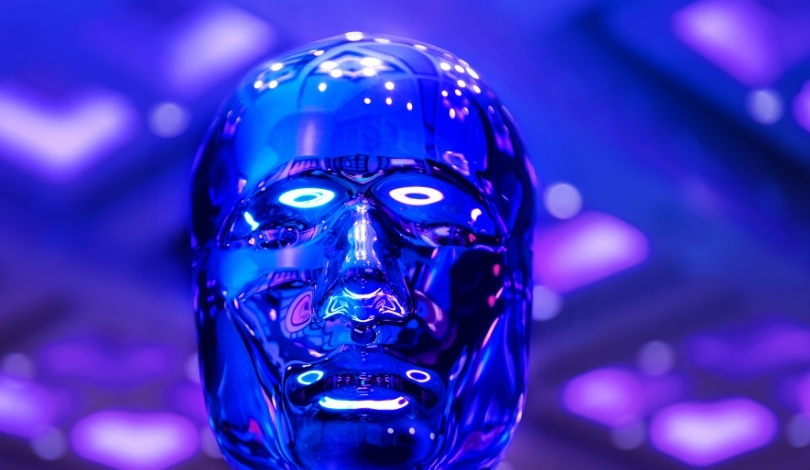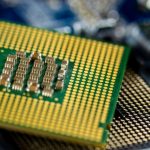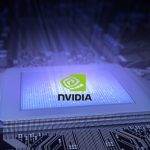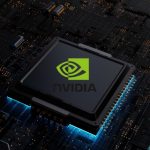Physical Intelligence, a San Francisco-based startup, has made significant strides in the robotics industry by developing versatile robots capable of performing various household tasks. The company’s innovative approach integrates large language models with specialized datasets to enhance robot adaptability. This advancement marks a pivotal moment in making robotics a practical component of everyday life.
Physical Intelligence builds on its initial seed funding and previous announcements about its ambitious projects. Earlier reports highlighted the company’s focus on creating adaptable robots, and the recent $400 million funding round underscores investor confidence in their long-term vision. The involvement of notable investors like Jeff Bezos and OpenAI reflects the high expectations for the company’s technological breakthroughs.
How Will the $400M Funding Impact Development?
The substantial investment will accelerate the development of Physical Intelligence’s robots, allowing for enhanced research and expansion of their product line. The funds will support hiring additional experts, refining existing technologies, and scaling production to meet anticipated demand.
What Are the Capabilities of Pi-Zero?
Pi-zero, the latest model unveiled by Physical Intelligence, demonstrates the ability to perform tasks such as unloading laundry, bussing tables, and assembling cardboard boxes. These functions showcase the robot’s versatility and potential to handle complex household chores with minimal human intervention.
What Challenges Remain for Household Robotics?
Despite the advancements, Physical Intelligence acknowledges that challenges like autonomous self-improvement, robustness, and safety need to be addressed. The company is actively collaborating with various partners to enhance these aspects, ensuring their robots can operate reliably in diverse environments.
The journey of Physical Intelligence reflects the broader trend in robotics towards creating multifunctional and adaptable machines. By leveraging advanced AI and strategic investments, the company is positioning itself at the forefront of the industry. Their focus on general-purpose applications distinguishes them from competitors who specialize in single-function robots.
Future developments from Physical Intelligence are likely to influence how households integrate robotic assistance into daily routines. The ongoing improvements and collaborations suggest a promising trajectory for making robotics more accessible and effective in managing various tasks.
“What we’re doing is not just a brain for any particular robot,”
explained Karol Hausman, emphasizing the foundation model’s versatility. This statement highlights the company’s commitment to creating adaptable AI systems that can transcend specific applications, thereby broadening the scope of robotic functionalities available to consumers.
Insights into Physical Intelligence’s progress indicate that the intersection of AI and robotics is becoming increasingly sophisticated. The integration of language models with physical task management exemplifies the potential for more intuitive and responsive robotic systems. As the technology matures, practical implementations in homes and businesses will become more feasible, offering tangible benefits and efficiencies.










